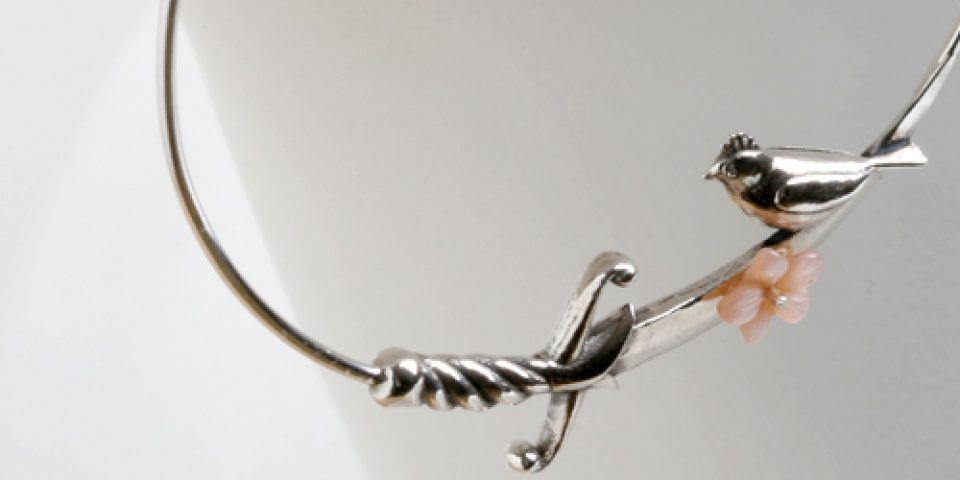Meaning makes life full, as I am sure many people agree. And what does meaning mean? This question poses some difficulty. Herbert Mead believed the word meaningful was meaningless. Quine mentioned that linguists that specialize in meaning “are in the position of not knowing what it is they are talking about.”
What meaning means is a fundamental and foundational question. Meaning is about sense too. When we cry because a lotus flower is too perfect, that means something. When we pay our taxes, maybe it means something to people we don’t know, but for us we often feel busyness, loss, and frustration. So we can feel a meaning, also as Kant offered more recently than most that reason (or sense) is a passion, being backed by many much older thinkers. And meaning is not just sense. Jokes can be funny in a meaningless way, such as in using derogatory words frivolously. My father believed that tragedy meant more than comedy. Comedy seemed to him rather pointless because continuity doesn’t weigh as much to the mind as a tragic end. One time he wrote a humorous essay about fatherhood. He had me read it before publishing, and he saw me laughing. He asked me “why is it funny?” He really was asking; he didn’t know. So I told him “because it is so sad.” We tend to seek the grain of sadness or fear in levity, but not the tiny bubble of enjoyment and happiness in a satisfying tragedy. The bubble gone unnoticed makes it all the more enjoyable.
Sometimes when we mean something, we are pointing at a gold coin, and we mean the gold coin. The coin has weight and a quality of being pure. That is part of what we mean. Sometimes someone dies and we ask for meaning. In that case we don’t intend a “what” like a gold coin, but a “why”. What and why mean things, “when” can mean something: such as when the sun is eclipsed or the clock strikes 3:33. “Where” is meaningful: at the top of a mountain or at the temple. Who could be a famous news anchor, or a mother’s lullaby. How is meaningful: if we make the cake from scratch, and grow, harvest and grind the grain for flower. Nowadays there is a glut of appreciating the work of how, and the techniques for proving a mathematical theorem or how a gun was turned into a piece of metal sculpture.
Maybe the question we should ask is who doesn’t have meaning, when, where, what doesn’t have meaning and why?
Enter logical positivism, the most meaningless philosophy. The only idea in logical positivism is a vague idea of the good, and how we “just know what it is” without any intellectual activity. We can be busy assembling the parts of a car on a conveyor belt and be content in our concentration about mechanical things because of our idea we are doing good or valuable work. And this lukewarm heart we have while we do it is the only meaning of our work, generally ignored because we are too busy to notice our hearts.
The engineers have an appreciation for how, but the assembly workers, when they are not thinking like an engineer, are in about as meaningless and unobserved a mode as possible for a human being.
But sometimes we don’t have time to think about the soldiers that died for our land and culture, so I can sit at the ramen store and have a distinct cultural experience. We don’t have time to consider how the pig died to give us a succulent piece of its body to eat from our ramen bowl. Meaninglessness seems necessary for survival in our world where children die in factories so we can have nice cheap shoes. And maybe it always has been so, where we walk past the wretched human sufferer on the street with only a pithy stab of pity.
And to any family who has lost a daughter or a son… should we carry the conscience and the meanings of that death everywhere and constantly?
It seems like meaninglessness could be a moment of happiness in an otherwise tragic life. We throw off our chains of poverty and disease, loss and hardship, and look up at the open bright sky and feel happy for no reason at all, senselessly. Why should meaninglessness be so bad? Is that moment of happiness careless and wrong? Or is it the very purpose of life?
And a poem that conveys this senseless happiness, is it not real poetry because it is meaningless?
